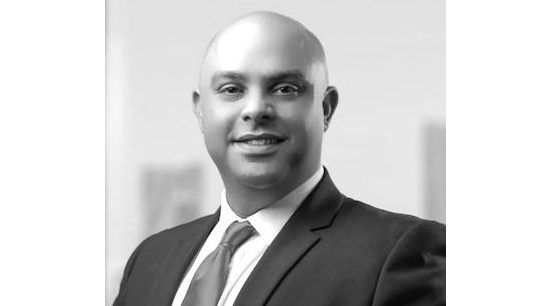
The art of concentration is not taught in kindergartens, schools or universities. We have to learn to concentrate. Concentrating on one thing is, however, not easy at all. We are used to doing several things at once. Write an email, answer questions to a colleague and, in addition, write to the partner on WhatsApp what to buy for dinner. While it may seem like we’ve done a million things at once, and over time we may begin to think of ourselves as “Superheroes,” but this behaviour has devastating consequences.
How long can you give above-average performance and what are the consequences of reckless behaviour on the quality of work?
“I remember the top ‘peek years’ when I was trying to manage everything, eat, drink, think for myself, my day was like 200 hours and I used them all 100%. I got up at 5:00 in the morning, I afforded myself a minute for my body, meditation and running, when I returned I made coffee, read the documents for work meetings, while closing the doors of the apartment. Already on my way to work, my boss was calling me if I sent him the contracts and materials for the newly closed deals. The true is that he’s been on the same “Superhero wave” for the last few years. Back to the point, while drinking coffee, I’ve been arranging business meetings, screening e-mails and business news. Daily, I have been closing a few deals, and preparing contracts and documents for my colleagues for the evening, so that they knew what was traded. This is how I was managing it for several years, then an accident came due to inattention. Of course I had a phone in my hand as I was doing business with a client, later problems in my personal life came, etc ….. We listen to such scenarios daily.
Lack of concentration or, more precisely, concentrating on several things at once, makes our work for a while “as if more efficient” but over time we start to make mistakes. We simply bite off a big piece of cake at once. We want to be the best and in everything. People will quickly notice that they can expect more from you, they don’t care that you destroy yourself, lose your health or calm down in the evenings with lexaurin or become an alcoholic with a glass of wine in your hand. They don’t care if you don’t have a private life or your family is falling apart. By the way, studies show that people with extreme workload very often resort to sedatives such as marijuana, lexaurin, alcohol and the like. They also reach for supporting substances or tablets.
It is important to say enough and start the change from yourself, no one else can do it for you! Do not do more things at once. Try to pay attention to only one thing. Always end the process you started under any circumstances, don’t leave things undone.
The human brain, specifically the prefrontal lobe, can remember which of the things we do or want to do is important. As a result, it can be immune to distractions and focus on the very thing we want to do. However, as soon as he stops doing this, we are disturbed by the surrounding influences and the environment, the sounds, the smells, the disturbing element will be colleagues or a bird singing outside the window. Does it then matter if we work in this state for three hours or eight?
The brain is not built for multitasking
We can only do one thing to the full or pay full attention to it. Multitasking is the quick switching from one thing to another. However, we cannot pay full attention to any of them, because we have to switch between them very quickly. If we do this in the long run, the brain will lose the ability to distinguish between what is really important and everything we do will receive the same (insufficient) attention. We weaken the brain’s ability to distinguish between what deserves our attention and what is unimportant. Such an approach impairs memory functions and may even reduce IQ.
Work at the time of the highest production
Let’s work during our most productive hours. It is very good to keep track of your most productive hours individually, because what applies to me may not apply to a colleague. Let’s try to see when we can concentrate the most. It can be at five in the morning, at noon for lunch, or at three in the afternoon or at night. Subsequently, we will break down the parts of the day into activities that do not require such attention and concentration. If we work long after our brain is no longer in the productive mode, it will become lazy.
Despite working longer, but our brain will be slower and with less concentration. It is likely that if we learn to observe when we are the most productive, we will do what we need faster due to concentration and we will have more free time.
Regular rituals encourage concentration
Morning running, meditation, yoga, coffee after work, music to support concentration or lectures from mentors. All this acts on us as an “energy booster” while keeping us cool and at a healthy pace.
Workspace in which you operate
What does the workspace where you do your business look like? Isn’t there a lot of things that can distract you? Change your workplace so that you can concentrate as much as possible. Your brain will then begin to consider it a zone of maximum concentration, and it will be easier to reach attention here than in other places.
Breaks
Indulging in a space to relax is very important, in such way you avoid overwork and you create space for new inspiring ideas.
Relax from the information
Even from a large amount of information, you need to take a break.
Concentration is like a muscle, it needs to be trained.
As one says, having ´too much´ in life does not do good, so moderation is important.







